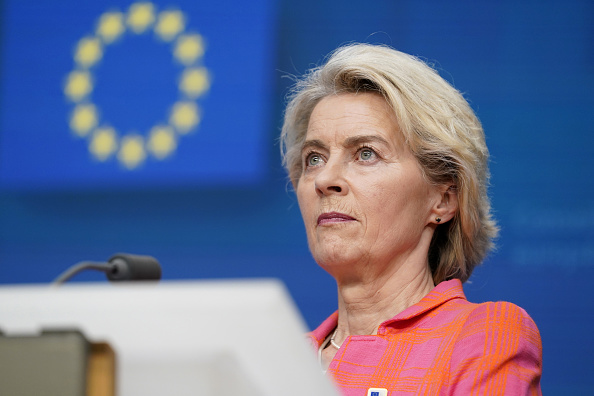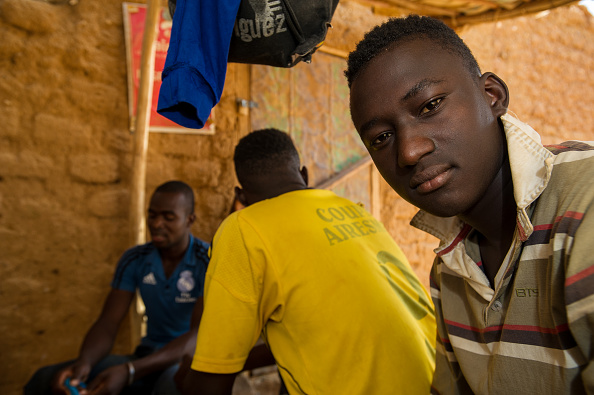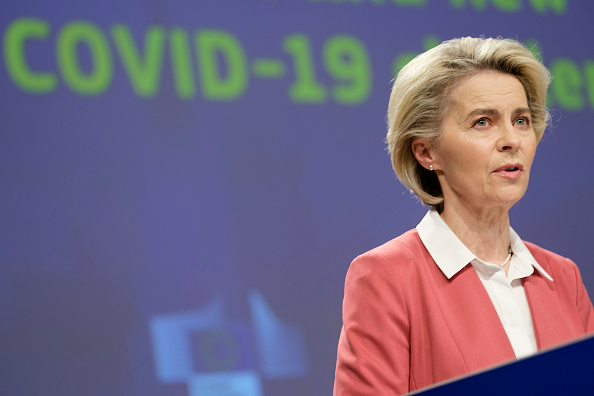A poll has shown Germany’s Christian Democratic Union (CDU) party leader Friedrich Merz increased his public support ahead of Germany’s coming February 23 elections.
The news on February 7 came one week after he controversially joined forces with the hard-right Alternative for Germany (AfD) in two parliamentary votes.
While his predecessor and former chancellor Angela Merkel criticised Merz, saying it was “wrong” to “enable a majority with the votes of the AfD”, both Merz’s CDU/Christian Social Union (CSU) and the AfD gained a percentage point in the January 29 poll.
Merz’s party now commanded 31 per cent support, with the AfD in second place with 21 per cent.
“Did the Merz move from last Friday harm the Union [parties] in terms of polls? One week later it is clear ‘no’,” said Hamburg radio journalist Sebastian Eberle on X.
The country was also evenly split on whether it was acceptable for other parties to introduce legislative motions that only could be passed with the AfD’s support: Some 44 per cent thought it acceptable, while 49 per cent felt it was not, said the poll.
On January 29, the CDU leader managed to pass a non-binding motion on migration with the parliamentary backing of the AfD party.
The motion called for a five-point migration plan, which would have rejected all irregular migrants as well as all asylum seekers arriving at Germany’s borders.
A second vote, on turning a version of that motion into law, narrowly failed by twelve votes on January 21, with twelve members of the CDU were absent.
The poll indicated the public was not punishing Merz for abandoning Germany’s “firewall”: A policy of not passing legislation relying on support from hard-right parties.
Merz’s decision to join parliamentary forces with the AfD followed a January 22 knife attack allegedly by a failed 28 year-old Afghan asylum seeker on a kindergarten group in a playground in the Bavarian city of Aschaffenburg.
A two year-old Moroccan boy and a 41 year-old passer-by who attempted to intervene died, while three others were injured.
The Social Democratic Party (SPD), the party of current Chancellor Olaf Scholz, now had less than half the support of Merz’s party, at 15 per cent. Robert Habeck’s Greens lost a point, to 14 per cent.
All remaining parties lingered in low single digits, with only the Left (5 per cent) currently meeting the minimum threshold for Bundestag, or parliament, representation, while the Free Democratic Party (FDP) and Sahra Wagenknecht Alliance (BSW) – each on 4 per cent – were slightly under the mark.
“The CDU/CSU are twice as strong as the SPD, and twice as strong as the Greens. And they are ten points ahead of the AfD,” noted Eberle.
Still, Merz’s decision to break the firewall at national level caused demonstrations, including a protest by 160,000 people in Berlin.
The firewall had fallen previously at state and local level. There have been 120 incidents where other parties openly collaborated with the AfD at those levels between 2019 and 2023, academics Anika Taschke and Steven Hummel found.
One district in Berlin, for instance, banned the wearing of hijabs by schoolchildren by such a majority, relying upon CDU and AfD votes.
But if the firewall comprehensively fell at a regional level, “in most of the east, AfD officials would serve as regional presidents,” said elections analyst François Hublet.
The CDU and AfD, if they co-operated, would be able to lead regional governments in every part of Germany, except three city-states, he claimed.





